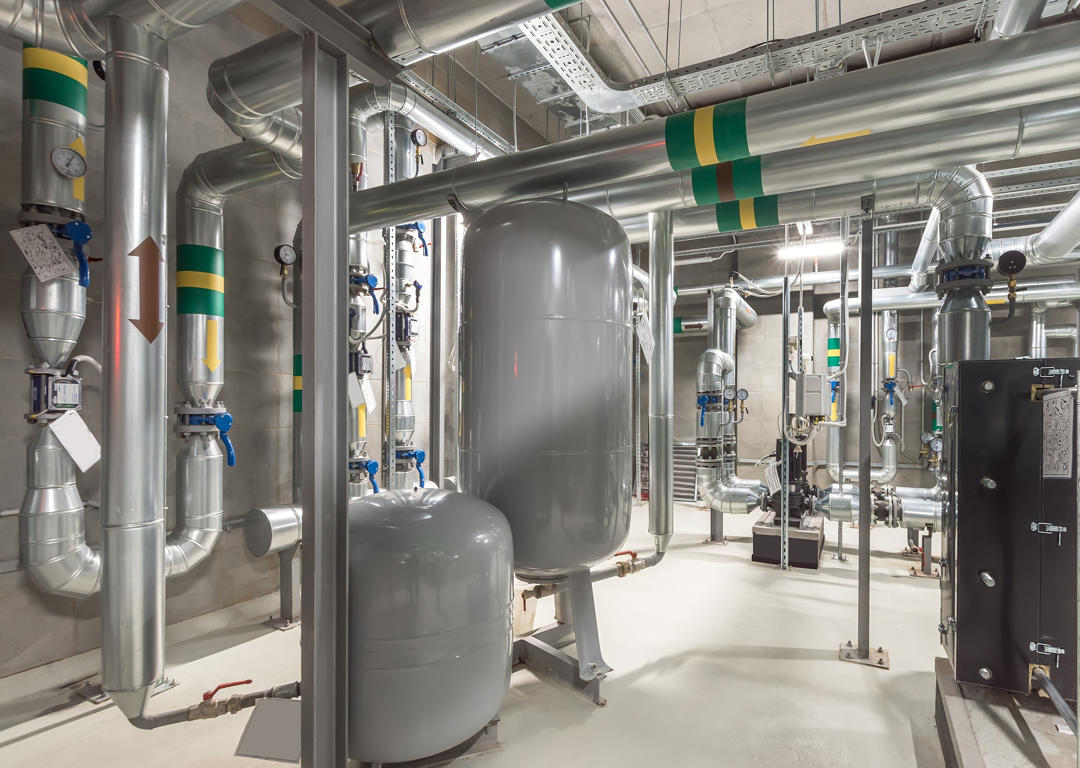
Understanding Your Water Heater Options in Boise
As summer approaches in Boise, many homeowners begin evaluating their plumbing systems in preparation for increased water usage. Among the most impactful upgrades is your home’s water heater. Whether you’re replacing an aging unit or seeking greater energy efficiency, deciding between a traditional tank water heater and a modern tankless system can significantly affect your household comfort, monthly bills, and long-term value.
Given Boise’s distinct climate—cold winters followed by warm, dry summers—your water heater needs to perform reliably year-round. These systems often work harder in the colder months, but remain essential for day-to-day activities in every season. Making the right choice requires a clear understanding of how each type functions, its pros and cons, and how it fits your home’s layout and usage patterns.
Traditional Tank Water Heaters: Reliable and Familiar
Tank-style water heaters are the most widely used systems in residential plumbing. They heat and store water in a large insulated tank, usually ranging from 30 to 80 gallons, and deliver it as needed. Once the tank is emptied, it refills and reheats to restore the hot water supply.
Advantages:
Lower Upfront Cost
These systems are typically more affordable to purchase and install, making them a practical choice for budget-conscious homeowners or those replacing a similar unit.
Straightforward Installation and Repair
With a simpler design and long-standing familiarity among plumbers, tank models are generally easier and less expensive to repair or maintain.
Consistent Hot Water Supply for Basic Needs
If your household has modest hot water demands, a tank heater can meet daily usage with little risk of running out.
Disadvantages:
Limited Capacity
Once the stored hot water is used up, especially during back-to-back showers or simultaneous appliance use, you may need to wait for the tank to refill and heat again.
Higher Ongoing Energy Use
Tank heaters continually maintain the stored water temperature, even when not in use. This standby heat loss leads to greater energy consumption and higher utility bills.
Shorter System Lifespan
Most tank units last between 8 and 12 years. Sediment buildup, especially in areas with moderately hard water like Boise, can reduce efficiency and cause early deterioration without regular flushing.
Tankless Water Heaters: Efficient and Modern
Tankless water heaters operate without a storage tank, heating water instantly as it passes through the unit. This on-demand approach allows for endless hot water without standby heat loss, making it a popular upgrade for energy-conscious households.
Advantages:
Energy Efficiency
By heating water only when needed, tankless systems eliminate wasted energy. For households with lower daily water usage, the savings can be substantial over time.
Unlimited Hot Water Supply
These systems provide continuous hot water, which is ideal for larger households, homes with multiple bathrooms, or high-volume appliance use.
Extended Lifespan
Tankless units often last 15 to 20 years—almost twice as long as a tank system—provided they’re properly maintained.
Space-Saving Design
Their compact size and wall-mounted installation free up floor space, making them an excellent solution for smaller homes or utility closets.
Disadvantages:
Higher Initial Investment
Tankless heaters cost more upfront, and installation can be complex, especially if adjustments to plumbing, gas lines, or electrical systems are required.
Performance During Peak Demand
While they provide continuous hot water, tankless systems may have difficulty supplying multiple fixtures at once unless properly sized.
Routine Maintenance Required
Regular descaling is necessary, especially in areas like Boise with moderate water hardness, to prevent scale buildup that can impact performance.
How to Choose the Right System for Your Home
Boise homeowners should consider several key factors when deciding between tank and tankless water heaters, including household size, plumbing infrastructure, usage patterns, and long-term cost goals.
You may prefer a tank water heater if:
- Your home has moderate hot water needs (1–2 bathrooms).
- You’re looking for a more affordable installation option.
- You’re replacing an old tank system and want a similar setup.
You may benefit from a tankless system if:
- Your household uses a high volume of hot water or has multiple users.
- You want to reduce long-term energy use and utility bills.
- You’re renovating or upgrading for efficiency and space savings.
Cost and Performance Overview
Installation Cost:
Tank models typically cost between $1,000 and $1,800 to install. Tankless systems often range from $2,000 to $4,000, depending on system size and retrofitting needs.
Operating Cost:
Tank heaters use more energy over time due to continuous heating. Tankless systems heat only as needed, offering better efficiency and savings in the long term.
Lifespan:
- Tank water heaters last approximately 8–12 years.
- Tankless water heaters can last 15–20 years with proper maintenance.
Boise Climate and Water Considerations
Boise’s seasonal climate and moderately hard water can influence both the efficiency and maintenance of water heaters. In winter, incoming groundwater is colder, which may require more heating time, especially for tankless systems. Regular maintenance, such as flushing tanks or descaling tankless units, is essential to keep both types functioning efficiently.
Additionally, investing in a water softener can extend the life of your water heater by reducing mineral buildup, a common issue in homes across the Treasure Valley.
Frequently Asked Questions
Can I switch from a tank to a tankless water heater?
Yes, but expect some installation adjustments. Retrofitting may include upgrades to gas lines, electrical supply, or ventilation to accommodate the new system.
Is a tankless system better for cold climates like Boise?
Yes—with proper sizing. Tankless units can perform well in Boise’s winters, but it’s important to ensure the unit is rated for the coldest incoming water temperatures.
How do I maintain my water heater in Boise’s conditions?
For tank models, flush the tank yearly to remove sediment. For tankless units, descale every 6 to 12 months to maintain performance. A licensed plumber can perform this service during routine maintenance.
Will a tankless water heater increase my home’s value?
Many buyers see a tankless system as a modern, energy-efficient upgrade. While it may not drastically increase resale value, it’s often viewed as a selling point.
Do I need a water softener with either system?
Yes, especially in Boise. Hard water can shorten the lifespan of both systems. A softener helps reduce mineral buildup and improves system efficiency.
Considering a water heater upgrade?
Whether you’re leaning toward a traditional tank or interested in exploring tankless systems, expert guidance makes all the difference. Schedule a consultation with a licensed plumbing professional to ensure you choose the best fit for your Boise home’s needs, usage patterns, and long-term comfort.


